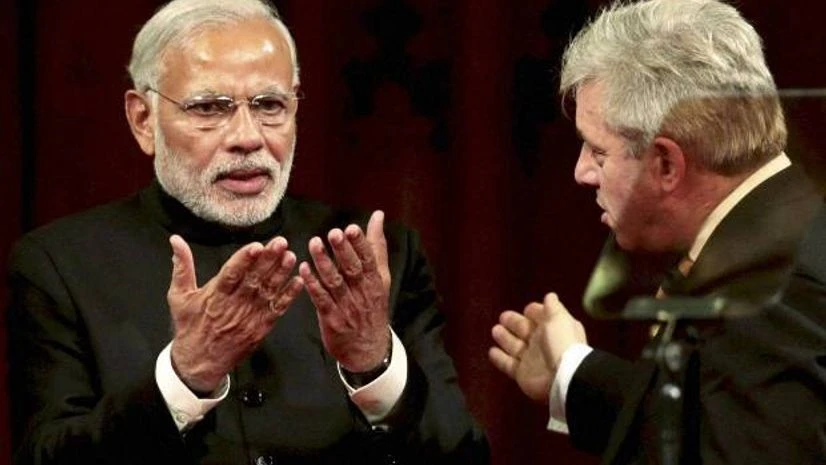Volkswagen
Europe's largest carmaker has been making slow progress in finding out who had knowledge of the rigging of diesel emissions tests two months after the manipulations became public in the United States, and last week also admitted to cheating on carbon dioxide emissions certifications.
Under the whistleblower programme, approved by VW's top management, workers who get in touch with internal investigators no later than November 30 will be exempt from dismissals and damage claims, according to a letter from VW brand chief Herbert Diess to staff seen by Reuters on Thursday.
"We are counting on your cooperation and knowledge as our company's employees to get to the bottom of the diesel and CO2 issue," Diess was quoted as saying in the document. "In this process, every single day counts."
His comments confirmed an earlier report by Sueddeutsche Zeitung jointly with German broadcasters NDR and WDR.
VW has said it hired advisory firm Deloitte and US law firm Jones Day to investigate under what circumstances the company installed software into diesel cars that changed engine settings to reduce emissions whenever the vehicle was put through tests.
GM's Example
More From This Section
VW is eager to show federal prosecutors in Detroit and Washington that it is fully cooperating with the criminal investigation into the company's admitted use of "defeat devices" in 482,000 US diesel vehicles.
ALSO READ: Volkswagen moves to appease angry customers, workers
US Attorney Preet Bharara in New York in September cited General Motors Co's
By contrast, Bharara's office imposed a fine of $1.2 billion in March 2014 for Toyota Motor Corp's delayed recall over sudden acceleration problems which were linked to only about a half-dozen deaths.
GM's internal investigation was led by Anton Valukas, a former US attorney in Chicago, whose firm interviewed 230 witnesses over 70 days and reviewed 41 million pages of documents.
Bharara at a news conference cited GM's "fairly extraordinary" cooperation and the internal report in ending the government's investigation into GM's conduct on an expedited basis.
GM lawyers, Bharara said, gave US prosecutors real-time updates on the investigation - "often revealing to the office what witnesses had said - even before GM management was filled in ... That cooperation is the reason we are here after only 18 months in a complicated case - rather than four years or more."
As part of the settlement, GM agreed to oversight by an independent monitor who will ensure it makes safety reforms. Last month, the government named former federal prosecutor Bart M Schwartz to oversee the agreement.
Under the three-year Justice Department settlement, GM was required to establish a toll-free phone number to allow whistleblower employees to anonymously disclose problems to Schwartz.
By contrast, Bharara said Toyota failed to cooperate thoroughly or quickly enough, which he said was one reason for the higher fine and longer investigation.
'Creative Step'
Peter Henning, a law professor at Wayne State University in Detroit, called Volkswagen's expedited timeline for whistleblowers "a creative step. They need to break the logjam in the company and get the information that Jones Day needs."
He said it is unusual to tell employees that they could avoid being fired if they come forward, even if they were involved in wrongdoing. But the letter from Diess says VW cannot guarantee that employees will avoid prosecution if they admit involvement.
"They are trying to ferret out information from the midlevel employees who may know what happened but are fearful of being made a scapegoat," Henning said.
A source at VW said the executive and supervisory boards initially sought to have the whistleblower programme run through the end of the year but, encouraged by recent positive feedback, decided to set the more ambitious end-November deadline.
Whistleblower programmes were successfully employed years ago by German engineering group Siemens

)
